In the Thick of It
A blog on the U.S.-Russia relationship
From Cyberspace to Security Strategy: RM's Most Read of 2021
From Russia's new national security strategy and its implications for Russia's relations with other global powers to American and Russian takes on the prospects for a cyber rules of the road agreement, Russia Matters' most popular reads of 2021 address a variety of complicated geopolitical subjects. Check them out below.
Top 10 of 2021
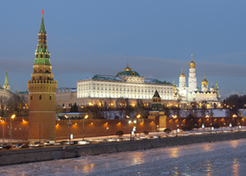 1. Blog: Russia’s New Security Strategy: Deter US, Ignore EU, Partner with China and India
1. Blog: Russia’s New Security Strategy: Deter US, Ignore EU, Partner with China and India
by Simon Saradzhyan
The geopolitical arithmetic reflected in Russia’s new national security strategy can be summed up succinctly as: “deter the U.S., ignore the EU, partner with China and India.” That said, the new document seems to place a higher priority on the domestic components of national security.
 2. Unplugging the Baltic States: Why Russia’s Economic Approach May Be Shifting
2. Unplugging the Baltic States: Why Russia’s Economic Approach May Be Shifting
by Emily Ferris
The probability of Russia resorting to a Crimea-style intervention in the Baltics remains low. As a key energy supplier and major trading partner for the region, Russia has more to gain by using economic levers as opposed to military ones to retain influence.
 3. Who ‘Defeated’ ISIS? An Analysis of US and Russian Contributions
3. Who ‘Defeated’ ISIS? An Analysis of US and Russian Contributions
by Domitilla Sagramoso
There can be little doubt that the U.S. and its allies played a much bigger role in subduing the terror group than Russia. But ISIS has plenty of life in it yet and any alleged victory is fragile.
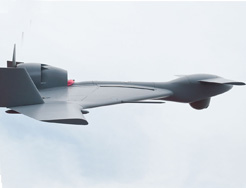 4. A Look at the Military Lessons of the Nagorno-Karabakh Conflict
4. A Look at the Military Lessons of the Nagorno-Karabakh Conflict
by Michael Kofman
The implications of the conflict continue to reverberate well outside the region given its potential significance for regional and great powers alike, while further spurring debates on the character of modern warfare.
 5. US-Russian Contention in Cyberspace: Are Rules of the Road Necessary or Possible?
5. US-Russian Contention in Cyberspace: Are Rules of the Road Necessary or Possible?
by Lauren Zabierek, Christie Lawrence, Miles Neumann and Pavel Sharikov
Strategic thinkers in both countries have raised the idea of cyber “rules of the road.” This exploratory paper considers whether such an agreement is feasible, comparing American and Russian perspectives.
 6. The HMS Defender Incident: What Happened and What Are the Political Ramifications?
6. The HMS Defender Incident: What Happened and What Are the Political Ramifications?
by Dmitry Gorenburg
Inadvertent escalation poses the greatest risk of a political confrontation between Russia and NATO resulting in armed conflict, and as long as one or both sides believe that it is beneficial to use their military forces to make political points, we should expect more incidents of this type to take place.
 7. Be Careful What You Wish For: Russia, China and Afghanistan After the Withdrawal
7. Be Careful What You Wish For: Russia, China and Afghanistan After the Withdrawal
by Jeffrey Mankoff
Do Beijing and Moscow have sufficient influence to oversee a managed transition, contain any spillover of violence, and provide reassurance to anxious Afghanistan neighbors? The whole region is about to find out.
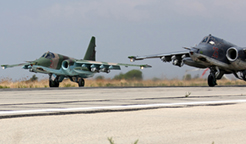 8. Five Years After Russia Declared Victory in Syria: What Has Been Won?
8. Five Years After Russia Declared Victory in Syria: What Has Been Won?
by Thomas Schaffner
Has the intervention paid off or has Obama’s 2015 prediction that the operation would end in a “quagmire” for Russia come true? An assessment of some key costs and benefits generated by Russia’s intervention in Syria.
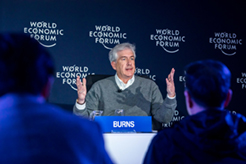 9. William Burns on Russia
9. William Burns on Russia
by Daniel Shapiro
What has U.S. President-elect Joe Biden's pick for CIA director said on Russia? Check out our compilation for some of Burns' observations and policy ideas regarding Russia.
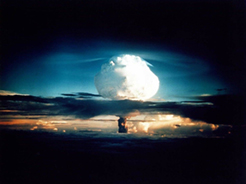 10. Russia’s Impact on US National Interests: Preventing Nuclear War and Proliferation
10. Russia’s Impact on US National Interests: Preventing Nuclear War and Proliferation
by Alexandra Bell
The U.S. should think about future engagement with Russia as the continuation of a long and sometimes difficult process that has ably served the security of both countries.
Top photo by Hermann shared under a Pixabay license.

